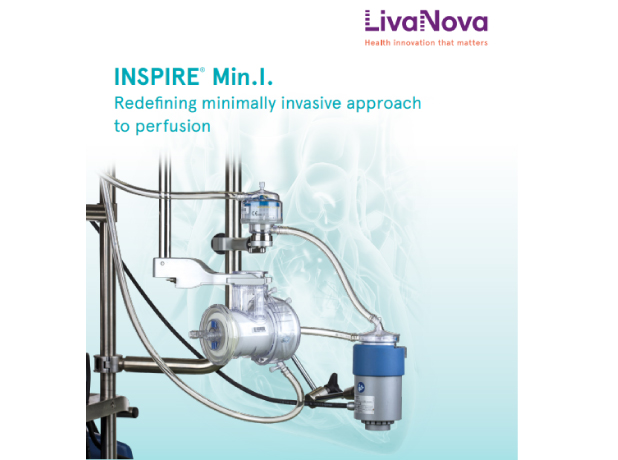
Abstract
The question whether minimally invasive extracorporeal circulation (MiECC) represents the optimal perfusion strategy in cardiac surgery remains unanswered. We sought to systematically review the entire literature and thoroughly address the impact of MiECC versus conventional cardiopulmonary bypass (cCPB) on adverse clinical outcomes after cardiac surgery.
We searched PubMed, Scopus and Cochrane databases for appropriate articles as well as conference proceedings from major congresses up to 31 August 2024. All randomized controlled trials (RCTs) that fulfilled pre-defined MiECC criteria were included in the analysis. The primary outcome was mortality, while morbidity and transfusion requirements were secondary outcomes. The risk of bias was assessed using the Cochrane Risk of Bias 2 tool. All studies meeting the outcomes of interest of this systematic review were eligible for synthesis.
Of the 738 records identified, 36 RCTs were included in the meta-analysis with a total of 4849 patients. MiECC was associated with significantly reduced mortality [odds ratio (OR) 0.66; 95% confidence interval (CI) 0.53–0.81; P = 0.0002; I2 = 0%] as well as risk of postoperative myocardial infarction (OR 0.42; 95% CI 0.26–0.68; P = 0.002; I2 = 0%) and cerebrovascular events (OR 0.55; 95% CI 0.37–0.80; P = 0.007; I2 = 0%). Moreover, MiECC reduced RBC transfusion requirements, blood loss and rate of re-exploration for bleeding together with incidence of atrial fibrillation. This resulted in significantly reduced duration of mechanical ventilation, ICU and hospital stay.
This meta-analysis provides robust evidence for the beneficial effect of MiECC in reducing postoperative morbidity and mortality after cardiac surgery and prompts for a wider adoption of this technology.
